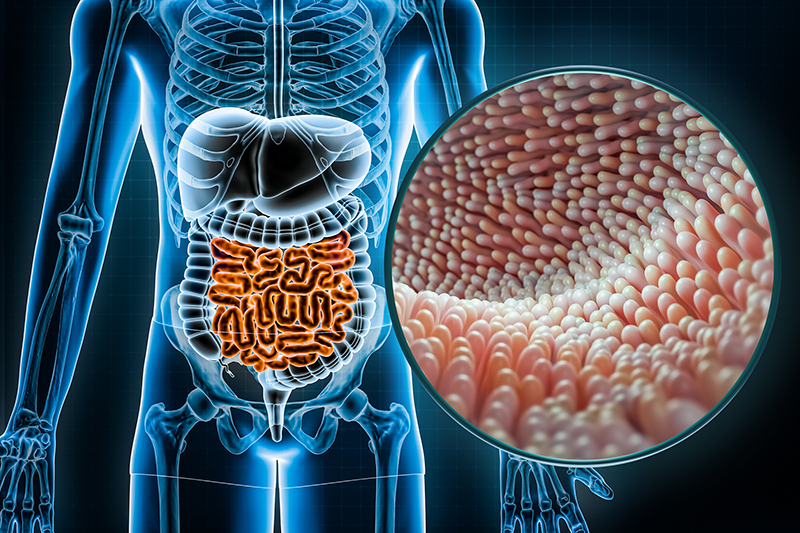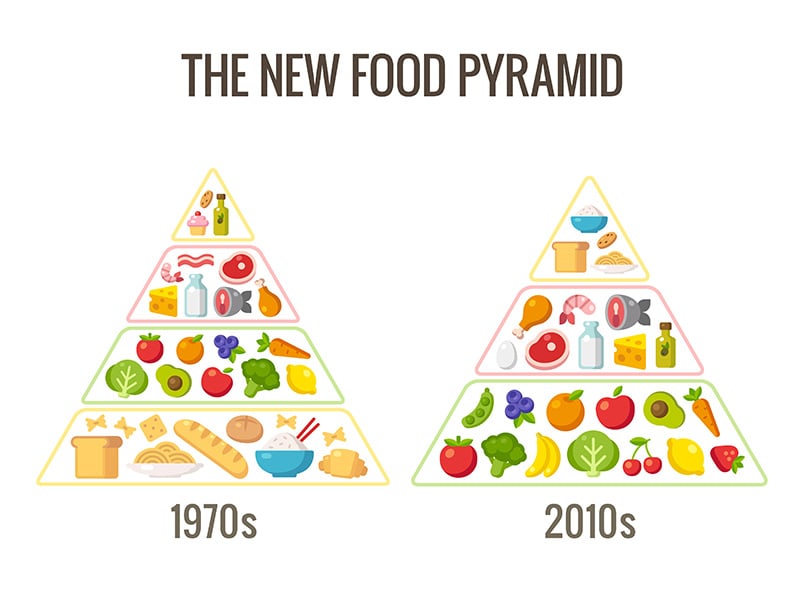
Staying on top of the latest in nutrition science can feel overwhelming—one day, a food is a superfood, and the next, it’s something to avoid. Science shows that small, evidence-based changes to what and when you eat can have a big impact on your overall health. From meal timing and gut health to protein balance and sugar metabolism, researchers are constantly uncovering new insights that challenge outdated beliefs—like how the traditional food pyramid overemphasized carbohydrates.
In this article, we’ll break down the newest findings in nutrition science and, more importantly, how you can apply them in a simple, sustainable way. Whether it’s tweaking when you eat, choosing the right carbs, or making sure you’re getting key nutrients, these practical takeaways can help you feel better, live healthier, and make informed food choices that truly work for you.
The Science of Nutrient Timing

You’ve probably heard the saying, “It’s not just what you eat, but when you eat.” Science now supports this, showing that the timing of your meals can affect everything from metabolism to digestion and even weight management. Recent research suggests that eating earlier in the day may be better for your body, while late-night eating could increase the risk of weight gain and metabolic issues like insulin resistance.
One popular approach is time-restricted eating (TRE), where you eat within a set window each day—say, 10 hours—and fast for the remaining time. This method aligns with your circadian rhythm, your body’s internal clock, which regulates digestion and metabolism. Studies show that eating most of your calories earlier in the day and avoiding late-night snacks can support better blood sugar control and weight management.
Practical Takeaway:
- Try keeping your meals within a 10-hour eating window, like 8 AM to 6 PM.
- Avoid eating 2–3 hours before bedtime to support your metabolism and sleep.
The Role of Gut Health in Overall Wellbeing

Did you know that your gut is home to trillions of bacteria that play a crucial role in your health? This community, known as the gut microbiome, does more than just help with digestion—it influences your immune system, inflammation levels, and even your mood. Research has linked a diverse gut microbiome to better overall health, while an imbalanced gut has been associated with issues like chronic inflammation, weakened immunity, and even anxiety and depression.
One of the most exciting areas of study is the gut-brain axis, the direct connection between your gut and brain. Scientists have found that gut bacteria can affect mental health, potentially influencing stress levels and emotional well-being. The good news? You can support a healthier gut with simple dietary changes.
Practical Takeaway:
- Eat fermented foods like yogurt, kimchi, and kefir to introduce beneficial bacteria.
- Increase fiber intake from fruits, vegetables, and whole grains to nourish gut microbes.
- Minimize processed foods and unnecessary antibiotics, which can harm your gut bacteria.
The Truth about Protein Intake

Protein is often seen as a must-have for athletes, but do you really need to load up on it? Research is shedding light on how much protein your body actually needs—and it’s probably more than you think, especially as you age. Protein isn’t just for muscle building; it plays a key role in metabolism, immune function, and even longevity.
Studies suggest that spreading protein intake throughout the day—rather than eating most of it at dinner—helps with muscle maintenance and metabolism. Experts recommend 20–30 grams of protein per meal to optimize muscle health, particularly for older adults who naturally lose muscle mass over time. For reference, a 3-ounce (85g) chicken breast contains about 26 grams of protein, a large egg has around 6 grams, and 3 ounces of cooked salmon provides about 22 grams. Even plant-based options like ½ cup of lentils (9g) or ½ cup of tofu (10g) can help you reach your protein goals.
What about plant-based vs. animal-based protein? Both can be great options! Animal proteins (like eggs, chicken, and fish) provide all essential amino acids, while plant proteins (like beans, tofu, and quinoa) offer fiber and other health benefits. A balanced mix of both can support overall health.
Practical Takeaway:
- Aim for 20–30g of protein per meal to support muscle health.
- Include a variety of plant-based and animal proteins for a well-rounded diet.
- Try options like a chicken breast (26g), an egg (6g), 3 oz of beef (22g), or plant-based sources like lentils (9g per ½ cup).
Rethinking Carbohydrates: Lessons from the Food Pyramid

For years, the food pyramid made carbohydrates the foundation of a “healthy” diet, encouraging large servings of bread, pasta, and cereals. But now we know that not all carbs are created equal. While refined carbs like white bread and sugary cereals can cause blood sugar spikes and weight gain, complex carbohydrates—like whole grains and fiber-rich foods—provide steady energy and support metabolic health.
So, should you cut carbs completely? Not at all! Instead, the key is to choose the right ones. Whole grains (like quinoa, brown rice, and oats) contain fiber that keeps you full longer and helps with digestion. Legumes, sweet potatoes, and whole wheat products offer slow-releasing energy without the crashes that come from processed carbs.
Practical Takeaway:
- Swap white bread and pasta for whole wheat or legume-based options.
- Choose fiber-rich carbs like quinoa, oats, and brown rice.
- Reduce processed snacks and sugary cereals that spike blood sugar.
The Latest on Sugar and Metabolic Health

We all know too much sugar isn’t great for our health, but research keeps revealing just how much it impacts metabolism. Studies show that excess added sugars—like those in sodas, pastries, and processed foods—can contribute to insulin resistance and metabolic dysfunction. Over time, this can increase the risk of diabetes, weight gain, and heart disease.
But not all sugars are the same. Natural sugars from whole fruits come with fiber, vitamins, and antioxidants, which help slow down sugar absorption and keep blood sugar levels stable. Meanwhile, processed sugars—found in sweets, cereals, and packaged snacks—cause rapid spikes and crashes in energy levels.
And what about artificial sweeteners? Some recent studies suggest they may disrupt gut bacteria and affect metabolism, so it’s worth consuming them in moderation while more research unfolds.
Practical Takeaway:
- Check labels and cut back on added sugars in processed foods.
- Swap refined sugars for natural alternatives like fruit and fiber-rich carbs.
- Be mindful of artificial sweeteners and their potential effects on gut health.
Bottom Line
Making healthier food choices doesn’t have to be overwhelming. Small, simple tweaks—like balancing your protein intake, choosing fiber-rich carbs, moderating sugar, and prioritizing key micronutrients—can have a big impact on your overall health. Science is always evolving, and staying informed about the latest research helps you make choices that support long-term wellness.
Remember, consistency is key. You don’t have to overhaul your diet overnight—just start with one or two changes and build from there. Whether it’s swapping refined grains for whole foods or being mindful of nutrient timing, every step you take brings you closer to a healthier you. Stay curious, stay informed, and most importantly, listen to your body. Your health is a lifelong journey, and you have the power to shape it, one meal at a time.
* This article is for informational purposes only and doesn’t constitute medical advice. For immediate health concerns, please consult your physician.
These statements have not been evaluated by the Food and Drug Administration. Products are not intended to diagnose, treat, cure or prevent disease.
© 2025 Best in Nature All rights reserved









Validate your login
Sign In
Create New Account